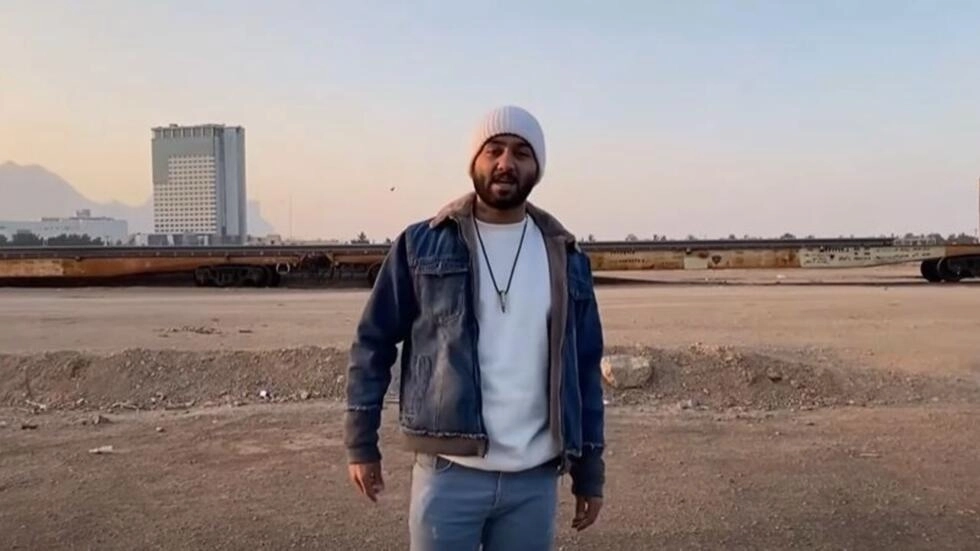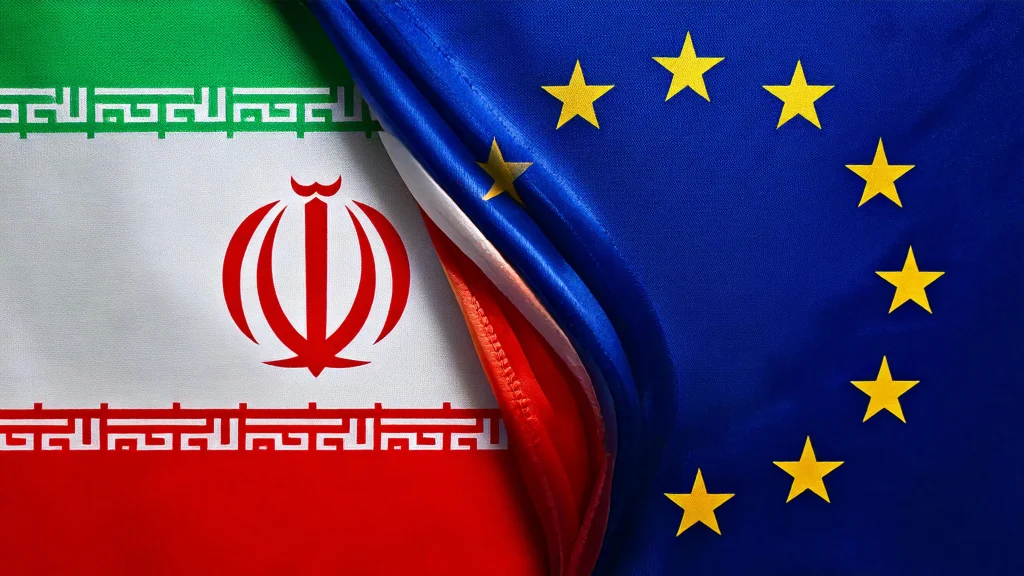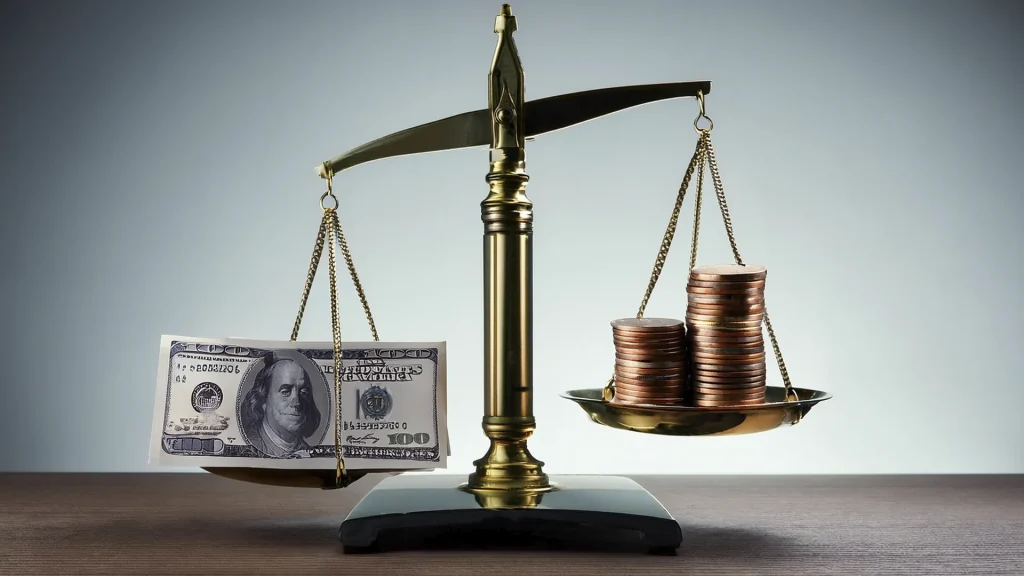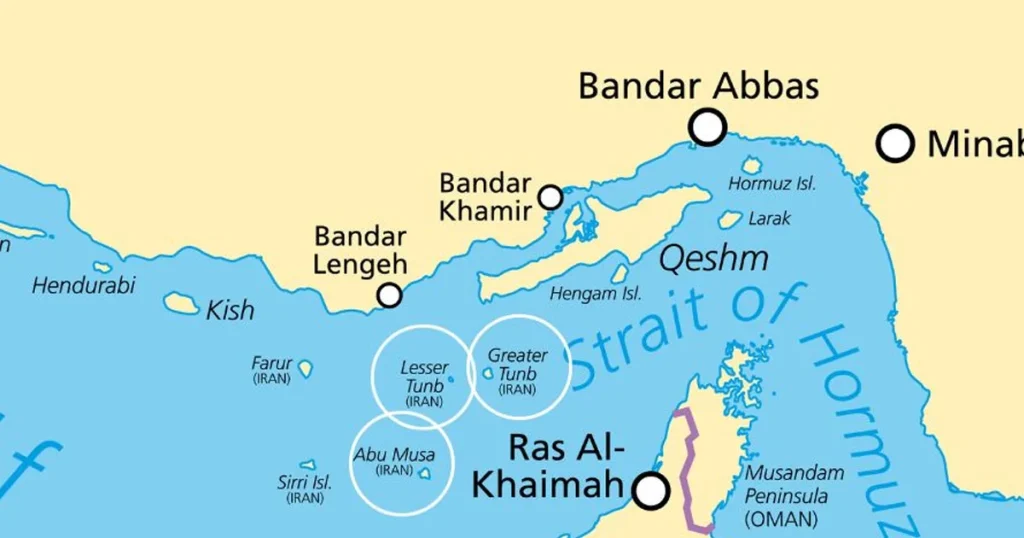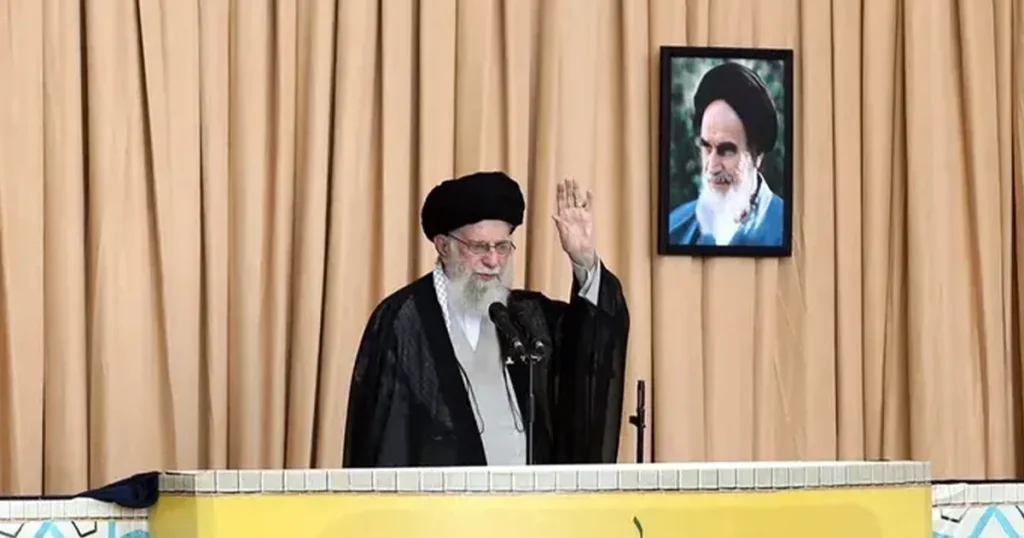In a grave reflection of the Islamic Republic’s crackdown on dissent and artistic expression, the young Iranian rapper Toomaj Salehi has been sentenced to death. This severe sentence was reportedly handed down as a consequence of his active participation in the widespread protests that gripped the Islamic Republic from 2022 to 2023. Salehi, whose music and public persona have resonated with the youthful heartbeat of the Islamic Republic’s populace, stands as a stark symbol of the state’s intolerance towards any form of opposition.
Toomaj Salehi emerged as a vocal critic of the Islamic Republic through his music, which poignantly articulated the frustrations and aspirations of many young Iranians. His lyrics, often laced with bold criticism of corruption and injustice, echoed through the protests that followed the tragic death of Mahsa Amini in police custody—an event that ignited nationwide demonstrations against the regime’s oppressive policies.
The sentencing of Salehi is not just an isolated act of judicial harshness but a clear message from the Islamic Republic’s authorities to quell dissenting voices that dare to challenge the status quo. This action comes amidst a broader pattern of repression where artists, activists, and ordinary citizens face severe penalties, including long imprisonments and the death penalty, under charges of “enmity against God” and “corruption on earth.” These charges are notoriously broad and serve as a legal veneer for suppressing dissent.
The death sentence for Salehi has drawn condemnation from international human rights organizations and governments worldwide, highlighting the ongoing human rights crisis in the Islamic Republic. The international community views such sentences as not only a violation of the right to free expression but also as part of a continued strategy by the Islamic Republic to use fear and severe punishments to stifle any form of protest.
The case of Toomaj Salehi is a chilling reminder of the risks faced by artists in authoritarian regimes when their work challenges the oppressive narratives enforced by those in power. Salehi’s art offered a glimpse into the systemic issues plaguing the Islamic Republic’s society, making him a target for a regime that remains steadfast in its refusal to tolerate dissent.
As the world reacts to this distressing development, the spotlight on the Islamic Republic’s human rights record grows ever more intense. The sentencing of Toomaj Salehi is not merely about one individual’s fate but emblematic of a broader assault on freedom of expression and the desperate lengths to which the Islamic Republic will go to silence its critics. In the face of such adversity, the international community must continue to support the Iranian people’s right to express their discontent and strive for a society where justice and freedom are not just aspirations but realities.
